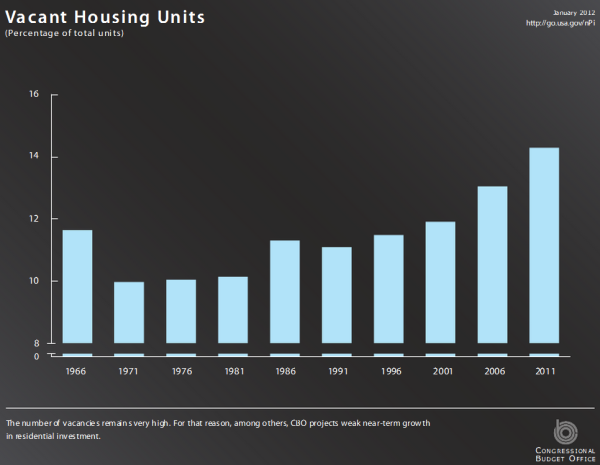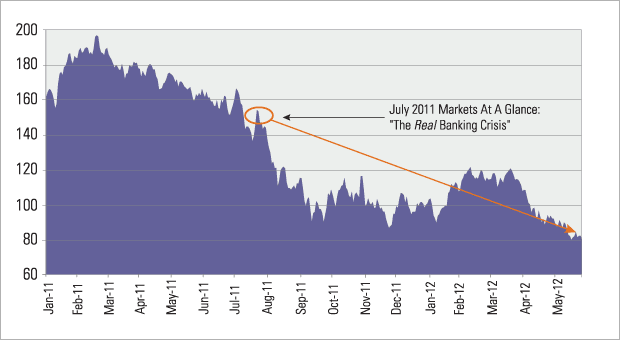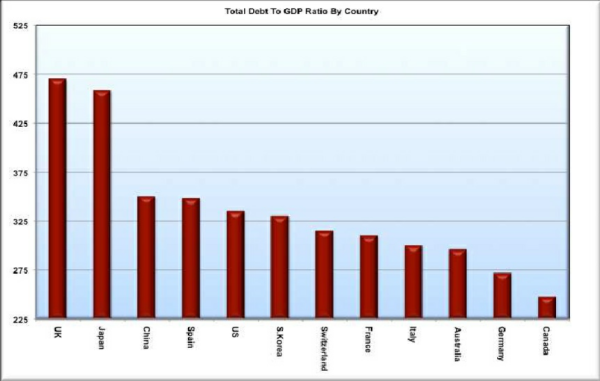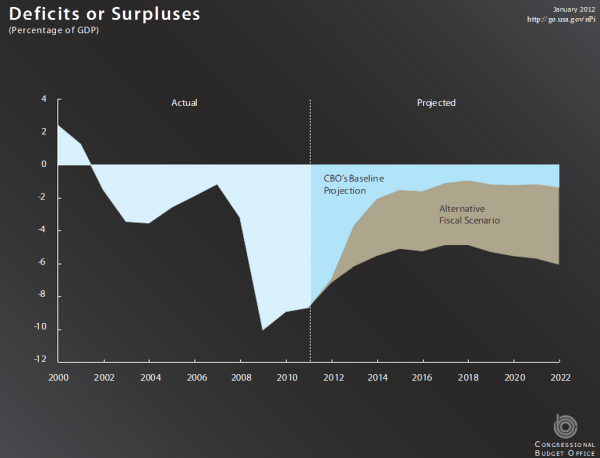The end game of global leveraged debt – double-digit percentage point market declines in Europe and Japan and the danger of refinancing debt with longer term debt.
- 0 Comments
There is a painful realization that shifting debt around like a game of musical chairs has little merit unless real production is achieved as an end result. May was a disappointing month for markets in general. While the S&P 500 certainly fell, markets in Japan and Europe took double-digit declines. The massive amount of leverage and debt is simply being shifted around via Long Term Refinancing Operations (LTROs) in Europe. The market has little faith in this since a day of reckoning is hard to avoid even though large financial institutions seem to think they can shift away risk via fancy algorithms. To the contrary, these formulas have perfected a system that is simply dismantling the US middle class. A financial crisis built on debt is trying to find a solution in higher levels of debt via these same institutions.
European Banking
If you take a look at the European banking index you realize that they are in full meltdown mode:
The Euro Stoxx Banking Index is down over 50 percent in less than one year. The fear of contagion is spreading as people pull deposits from countries like Spain and Greece and shift them elsewhere. People need only look at their own balance sheets to realize that very little economic benefit has occurred in this so called recovery. Many countries in Europe are back in recession, again. Here in the US, we have a record 46,000,000 Americans on food stamps and the unemployment figures keep dropping as people simply drop off the employment statistics figures.
Make no mistake that the crisis in Europe is all about debt. In Greece, you have massive government debt backed by very little GDP and big outside banking bets. In Spain, you have giant amounts of debt backed by inflated real estate. The story sounds familiar because it is a path that we know all too well. Every region has a differing flavor but all these massive bubbles are sprouting up like weeds because of our debt based banking system.
Debt to GDP
Many countries are dealing with massive debt to GDP levels:
Spending more than is being taken in can work in moderation. The fact that total global debt now is up to $190 trillion is incredible. Here is one sobering fact:
“The amount of current global debt will never be repaid.â€
This is an axiom that is being realized by many across the world. Debt that cannot be supported by definition will not be paid back. Greece will never pay back total outstanding debt. Even the US will never pay off the $15 trillion in national debt that is growing. So why would people continue to lend if the end result is not a full repayment of the loan?
Deficits for as far as the eye can see
In a room full of ugly people a moderate looking person looks like a princess. The US is the safe haven once again and you can see this by the astronomically low rates on government Treasuries. Yet even looking at the very optimistic CBO projections there are no surpluses for our government even going out as far as 2022:
Source:Â CBO
With Social Security and Medicare now eating up more and more as baby boomers retire, there is little reason to think this will shift even if the economy begins to pick up steam. Since deficits seem to be the name of the game each year we have to finance the party by more and more debt. Yet you mortgage the future for a respite in the present.
The manipulation of figures
I continually see headlines talking about the low inventory of homes in the US. This is such an odd statement when we have a record number of vacant homes as a percentage of all housing units:

All that is occurring is that banks are simply releasing very little homes onto the market for sale yet we are fully aware that a large number of homes, over 14 percent sit vacant. In better times this figure is around 10 percent. In other words this is simply another way that banks interfere with the market for their own benefit. Americans desire lower priced homes (and that is what their wages will support) yet banks are bent on pushing prices higher.
The debt based system works if financial institutions exercise moderation. Does $190 trillion in debt on $63 trillion in global GDP sound like moderation?
If you enjoyed this post click here to subscribe to a complete feed and stay up to date with today’s challenging market!


 If you enjoyed this post click here to subscribe to a complete feed and stay up to date with today’s challenging market!
If you enjoyed this post click here to subscribe to a complete feed and stay up to date with today’s challenging market!